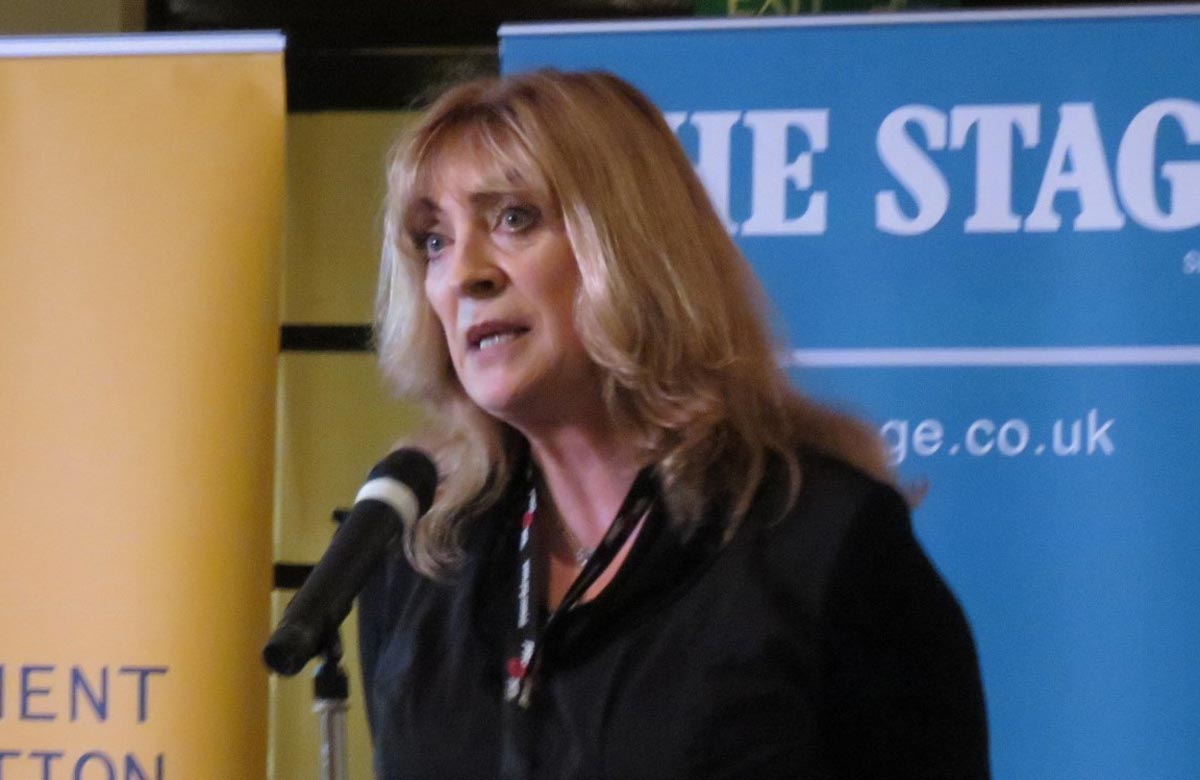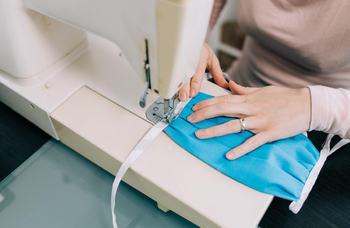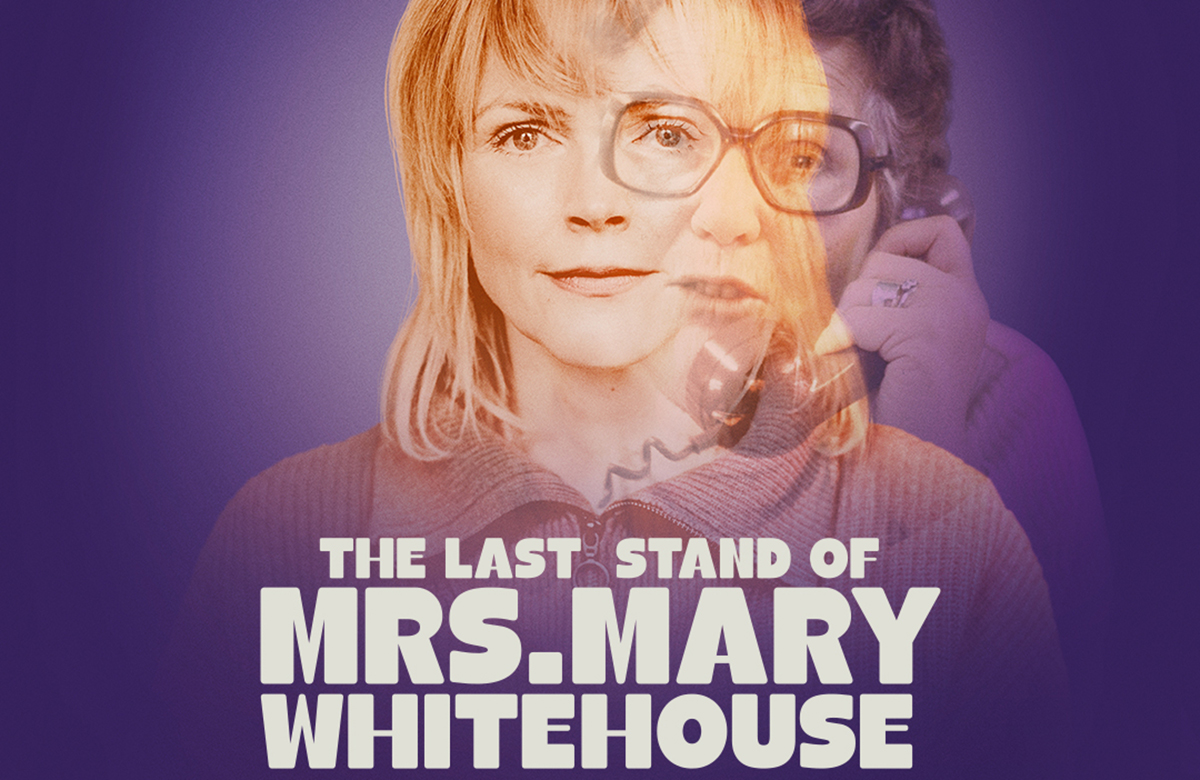Gender inequality likely to increase post-pandemic, report warns
Gender inequality in theatre is likely to increase after the pandemic unless arts organisations and the government put specific measures in place to prevent this, a new report has warned.
The Women in Theatre Forum Report has collated research from multiple organisations into the representation of women in the sector for the first time, and analysed this to identify five key themes.
Written by Sphinx Theatre literary director Jennifer Tuckett, the report comprises the work of organisations including Sphinx Theatre, University Women in the Arts, the Writers’ Guild of Great Britain, Equity, ERA 50: 50, Black Womxn in Theatre, Parents and Carers in Performing Arts, the December Group and Stage Directors UK, as well as some research undertaken post-pandemic.
It is based on the Women in Theatre Forum event that took place at Trafalgar Studios in London in February last year, which had speakers from the organisations included in the report.
Key issues identified in the report:
• Women are seriously underrepresented across many areas in theatre, with Sphinx finding that in 2017/18, only 31% of National Portfolio Organisation artistic directors are female.
• Women are more likely to face certain challenges than men, including caring responsibilities and feeling the need to undertake aesthetic labour to secure roles.
• Organisations need to address negative attitudes and unconscious bias against women working in the arts.
• Initial productions post-pandemic have a tendency towards being by well-known male writers (for example, Simon Stephens at the Donmar Warehouse and David Hare at the Bridge Theatre were two of the first post-pandemic productions to be announced).
• There is a need for greater data transparency from Arts Council England and other theatre organisations.
• Gatekeepers need to be educated on the issues surrounding gender inequality.
• There is a need for policy and organisational changes to address gender inequality – for example introducing quotas and making gender parity a condition of public funding.
In the report, Tuckett states: "As research shows that post-pandemic, gender inequality is likely to increase in a risk-averse post-pandemic culture, we urge arts organisations, policy makers, funders and others to use a gender lens to consider if decisions and policies work for all genders.
"Furthermore, our own additional post-pandemic research has found zero references to women and gender inequality in the body of the Arts Council’s next 10-year strategy and that zero leadership positions on the Cultural Renewal Taskforce are occupied by women, with only three women on the taskforce as a whole.
"These combined findings suggest that gender inequality in theatre, and in the arts more generally, is likely to increase unless specific measures are put in place to prevent this."
Tuckett added: "We urge the UK government, policy makers and arts organisations to use a gender lens in decision making (considering whether all decisions made will work for all genders) and also to ensure gender balanced decision-making teams to ensure that decisions for rebuilding post-pandemic work for all genders."
Following the publication of the report, University Women in the Arts, the December Group, the Writers’ Guild of Great Britain, Equity and Stage Directors UK are to launch a major survey into women working in theatre in the next few months, which is being funded by ACE.
Production News
Recommended for you
Production News
Recommended for you
Most Read
Across The Stage this weekYour subscription helps ensure our journalism can continue
Invest in The Stage today with a subscription starting at just £7.99















